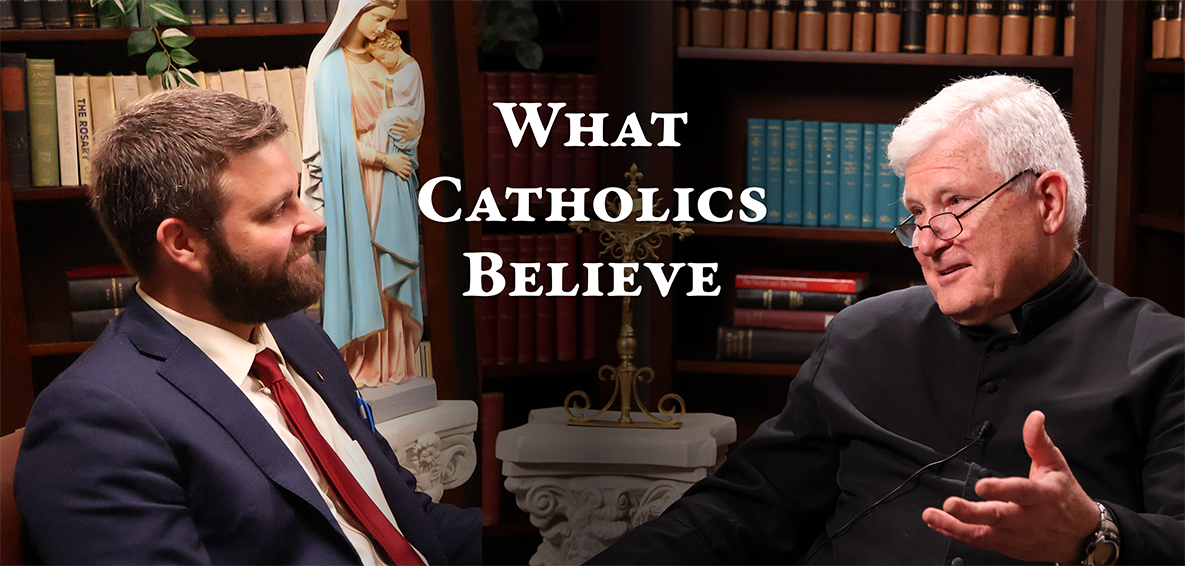Discipline in the Home
The English word "discipline" derives from the Latin word for "teaching" or "instruction". Thus, the root meaning of discipline is not punishment but formation of character. The child is meant to be as a disciple of his parents. Parents should be masters toward their children, not as slave masters, but in the classical sense from the Latin "magister" – instructor.
Some fathers today are pressed by so many cares with so little time that they resort to addressing problems by simply shouting and striking a child. When this becomes the standard procedure in the home, the father punishes his child but does not correct him. In such families, the mother sometimes goes to the opposite extreme of coddling a child to compensate for the father’s heavy handedness. While there might arise problems severe enough for a father to justly raise his voice or to strike a child in punishment (for example, when the child manifests brazen defiance and contempt or shows callous disregard for the safety of others), nevertheless the father’s true role is to guide all of his children by explaining to them what is the morally right thing to do, and coaching them on the prudent way to do what is right. Perhaps the father’s most challenging responsibility today is to inspire his children to want to do what is right. Motivating his children requires more than all the wisdom and good example he can provide: children absolutely need the graces which their parents should provide.
There are two temptations parents must avoid. Parents who now have problem-free children might assume that their children are doing fine without the parents having to do anything special with regard to family prayers or devotions. On the other hand, parents whose children are often or continually in serious trouble might be tempted to think that their prayers and sacrifices have all been in vain. The fact is that the problem-free child of today will at some definite moment in the future need powerful graces to deal with a serious challenge. And the troubled son or daughter of today will at a definite moment in the future encounter a situation which can – with the graces reserved for that precise instant in his life – bring him back to God. In both cases, those graces must be provided for by his parents now.
When some children decide they no longer need their parents and demand to be independent of them, they also decide they no longer need the Catholic Faith, the Catholic Church, their Savior, or their Creator – and they demand to be independent of all. One humbling moment can remedy that tragic blunder, however. That will be the work of grace – the graces which parents provide for the children beginning with the patient offering to God of all the trials and tribulations of parenthood – beginning with the hardships of child-bearing and child-rearing. Just as Our Lord offered up for our salvation the very sufferings we caused Him, so the most powerful contribution parents make for the salvation of their children’s souls is the offering up for their children of the very sufferings their children cause them. What Christ has done for them, so parents must do for their children – their disciples.

